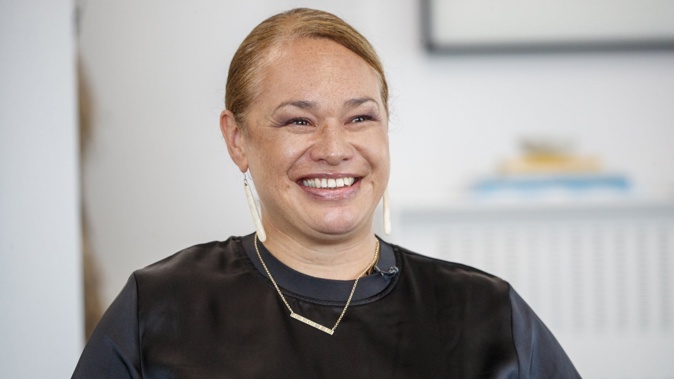PHOTO: FILE
Real estate agents are criticizing the market dominance of realestate.com.au, which is majority-owned by the News Corp-controlled REA Group, accusing the platform of “price gouging” due to its monopoly-like status.
Several agency directors, concerned about potential commercial retaliation, claim that the $27 billion company has grown more aggressive with its pricing and tactics, leveraging its control over the Australian property market.
Complaints have also surfaced about rising prices on Domain, the second-largest property portal owned by Nine Newspaper group. Both platforms have increased their fees by about 30% in the last three years, with premium listings in Melbourne or Sydney now costing up to $4,000.
REA Group’s general manager, Sarah Myers, confirmed the company’s strong market position, stating that it remains the clear leader in all aspects of the digital property market. The company posted a $460.5 million annual net profit, with revenue from listings up 19%, largely driven by price increases.
Real estate agents report that top-tier listing prices have surged dramatically since 2009, when they were just $75. They now claim prices have increased over 5,000%, a change many feel is unjustified but difficult to challenge. Though price gouging is not illegal in Australia, agents argue the portals have exploited their dominant position to extract ever-higher fees.
Some agents, like Troy Holmes of Holmes Real Estate, have taken their concerns to the Australian Competition and Consumer Commission (ACCC), accusing realestate.com.au of manipulating search results to prioritize agents who pay for higher-tier packages. Others accuse the platform of pushing vendors into expensive advertising options through complex pricing structures.
Despite these issues, the REA Group maintains that its pricing reflects the value it delivers to both agents and vendors, pointing to the significant shift from print to digital media. However, agents continue to feel the squeeze, with many forced to absorb rising costs by cutting their commissions or passing the expense onto vendors.
Leanne Pilkington, president of the Real Estate Institute of Australia, expressed concern that the portals are increasingly inserting themselves into real estate transactions, acquiring companies involved in the broader property industry. This growing influence, coupled with steep price hikes, is placing enormous pressure on small agencies.
Efforts to challenge the platforms’ dominance have been largely unsuccessful. In 2016, a group of about 170 agencies attempted to collectively negotiate with realestate.com.au and Domain but were rejected by the ACCC, which found no substantial public benefit to intervention. Nonetheless, agents continue to voice frustration over the platforms’ control, with some warning that the situation could worsen without regulatory action.
SOURCE: THE GUARDIAN











